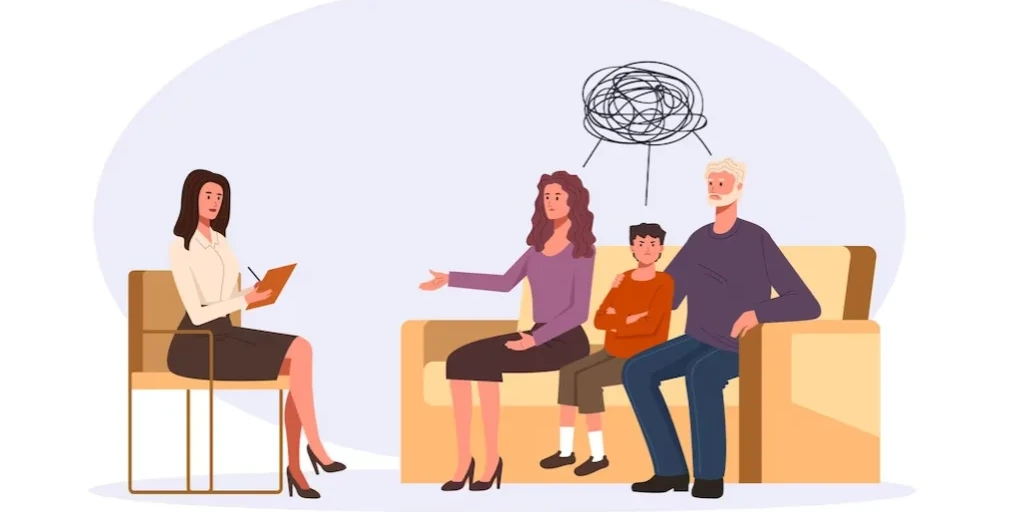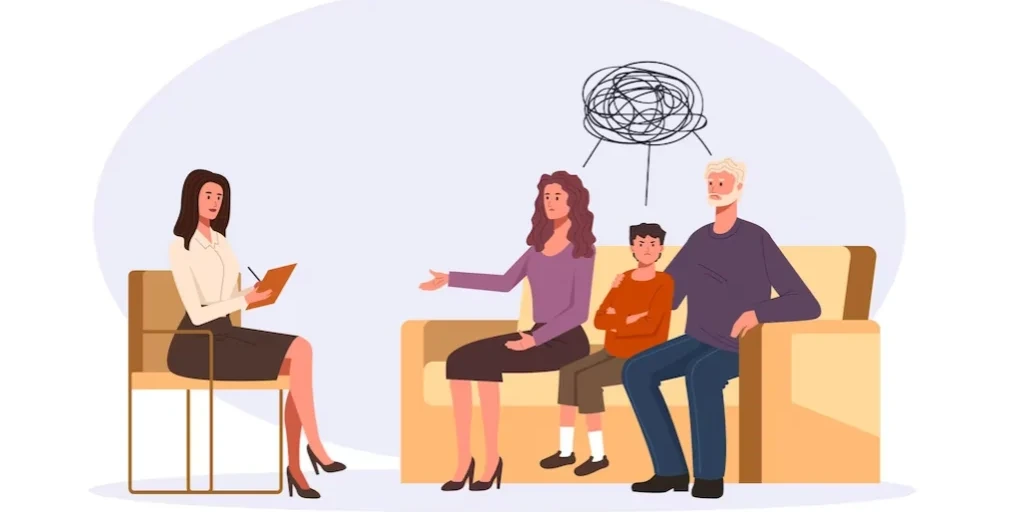24/7 Helpline:
(866) 899-221924/7 Helpline:
(866) 899-2219
Learn more about Medication-assisted Treatment centers in Skippack
Medication-assisted Treatment in Other Cities
Other Categories in Skippack

Other Insurance Options

WellCare Health Plans

Health Choice

CareFirst

Multiplan

ComPsych

UMR

Anthem

Regence

Holman Group

Oxford

Ceridian

Medical Mutual of Ohio

Optum

Amerigroup

Molina Healthcare

Evernorth

WellPoint

Ambetter

MVP Healthcare

Providence












